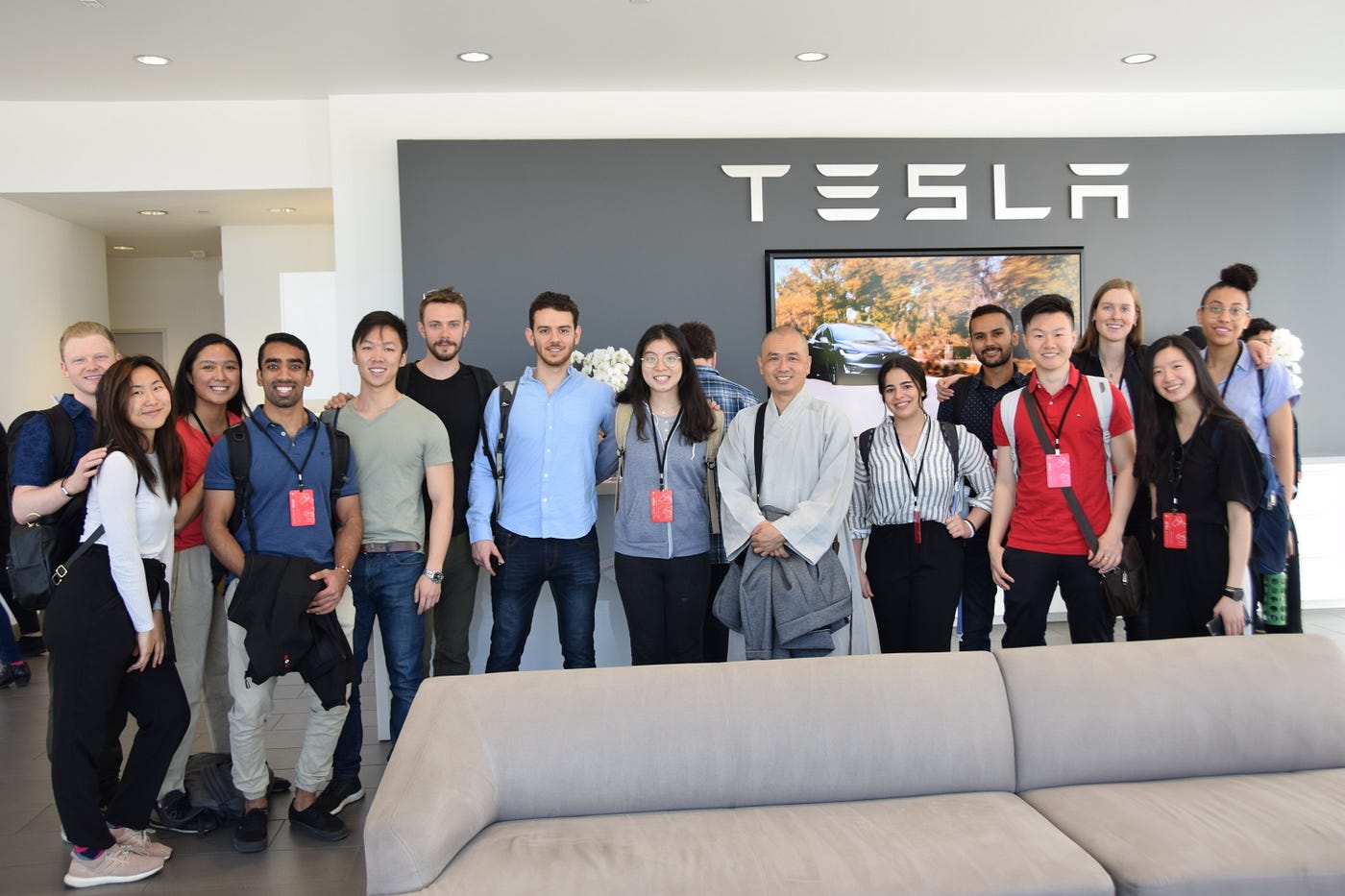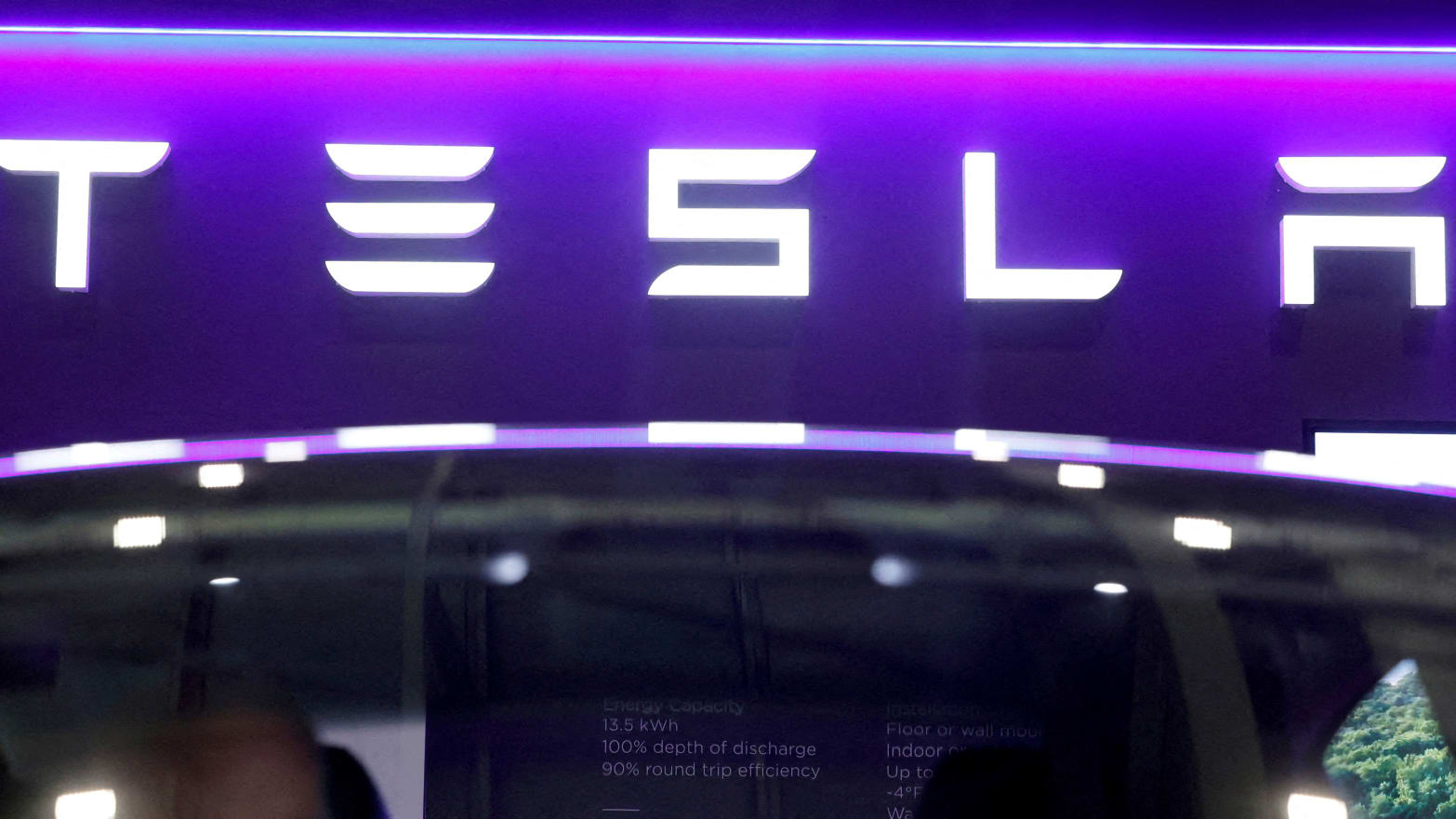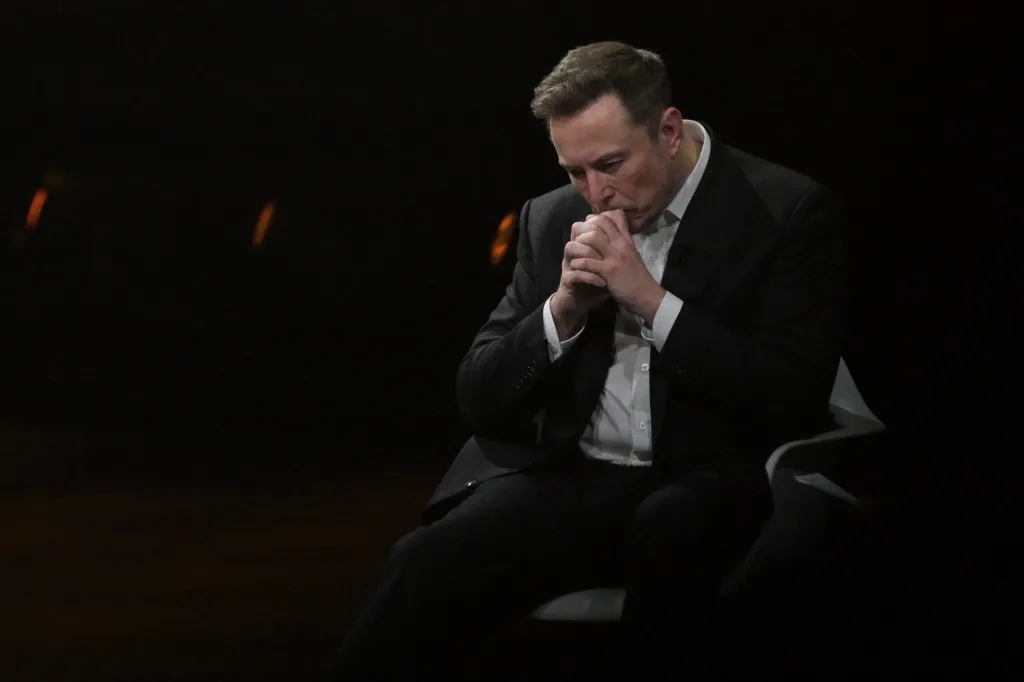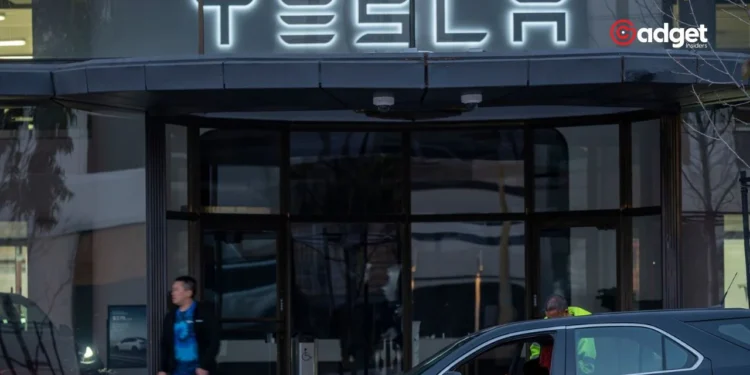In a bold and unexpected move, Tesla Inc. has significantly reduced its summer internship program, a decision that has sent shockwaves through the aspirations of many young hopefuls just weeks before their internships were set to begin. This drastic step is part of a broader cost-cutting strategy as CEO Elon Musk looks to streamline operations amidst challenging economic times.

The Impact on Future Talent
“At 8:46 am, I opened a Tesla email for flight info. By 11:25 am, my internship offer was gone,” shared Joshua Schreiber, a student at Miami University, reflecting the abrupt nature of the company’s decision. Schreiber, like many others, found himself in a precarious situation, having already invested thousands in housing for the summer.
The cancellations come at a particularly inopportune time as students near the end of the academic year, traditionally a period of transitioning into professional development opportunities.
Elon Musk cancels Tesla summer internships for students amid broadening cuts https://t.co/i3oai4WbuA pic.twitter.com/PmrxdKXQdy
— Daily Mail US (@DailyMail) May 3, 2024
The ripple effects of Tesla’s decision extend beyond just the individuals affected. Diana Rosenberg, an employee in the battery supply department, took to LinkedIn to encourage other companies to consider hiring the interns left in the lurch.
“Please make our loss your gain!” Rosenberg implored, highlighting the potential for other organizations to benefit from Tesla’s abrupt course reversal.

Broader Implications of Tesla’s Strategy
Last month, Musk announced a significant reduction in the company’s workforce, targeting a 20% cut in a bid to address declining electric vehicle sales and fund ambitious projects like his Robotaxi initiative.
“We have made the difficult decision to reduce our headcount by more than 10% globally,” Musk stated, underlining the severity of the situation at Tesla. This move has already seen the exit of several executives and significant cuts to divisions including the Supercharger network and the newly established marketing team.
Although revoking internship offers might not yield substantial financial savings—given that some positions were unpaid and paid internships only offered $18 to $28 an hour—it impacts Tesla’s long-term talent pipeline.
Historically, the company has been a major draw for over 3,000 university and community college students globally each year, offering them the chance to “perform meaningful work from day one,” according to the company’s intern recruitment page.
Navigating Professional Setbacks
The cancellation of these internships serves as a harsh lesson in professional resilience. “Rejection is redirection,” wrote Brook Gura, a communications student from the University of Texas at Austin, who also had her internship offer rescinded. Gura’s optimistic outlook speaks to the adaptability required in today’s fast-changing job market.
This series of events not only reflects the volatile nature of the tech industry but also underscores a growing trend where companies must rapidly adapt to changing economic landscapes, sometimes at the cost of their future workforce development.
As Tesla and other tech giants navigate these turbulent waters, the impact on young professionals and the broader industry landscape remains a critical point of discussion.

While Tesla’s decision to cut its internship program aligns with its broader cost-certification strategy under Musk’s leadership, it poses significant questions about the balance between immediate financial prudence and long-term investment in human capital.
As affected students and the industry at large look to rebound from these developments, the true cost of such decisions may become clearer in the trajectory of Tesla’s innovation and workforce morale.










